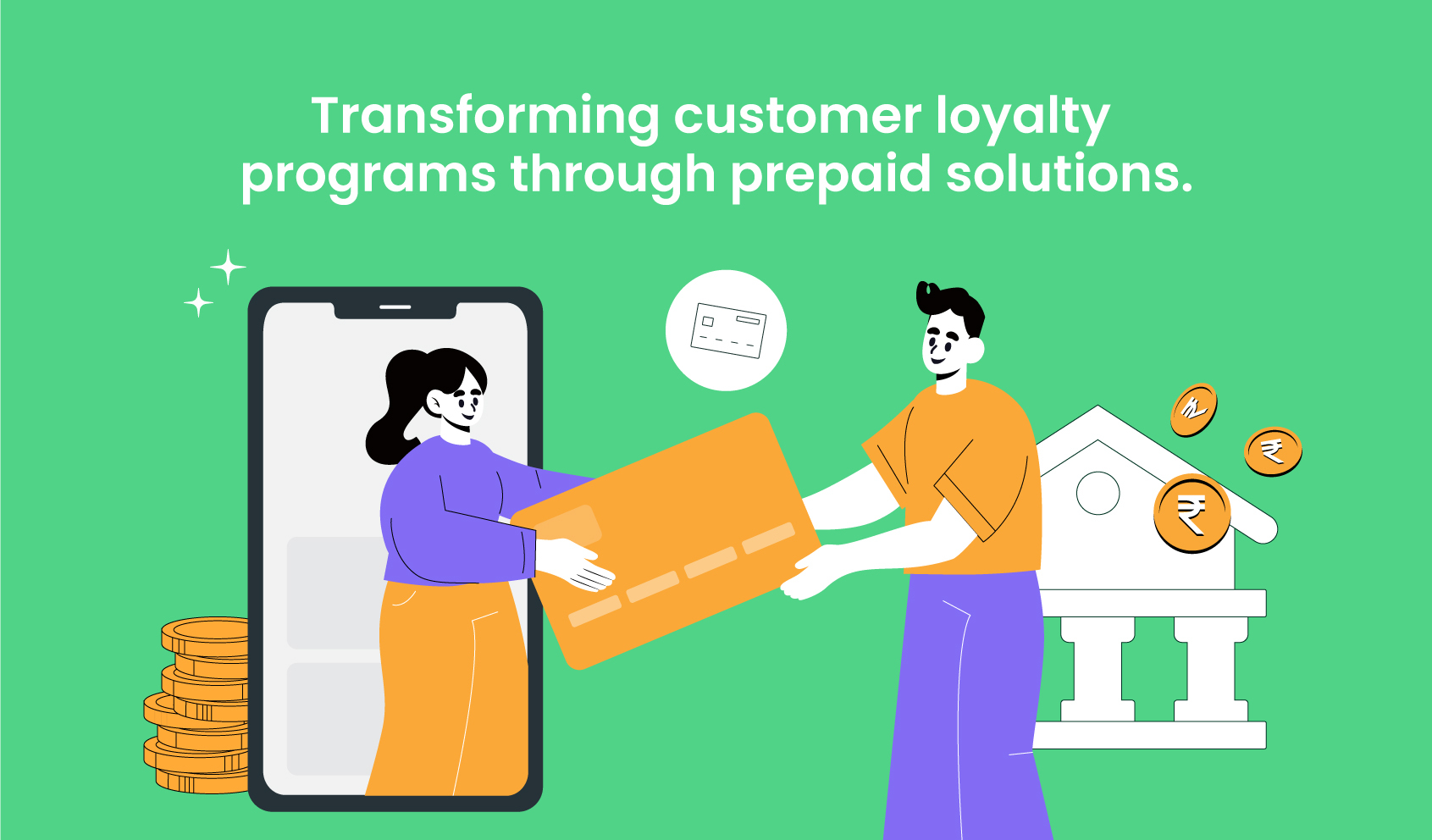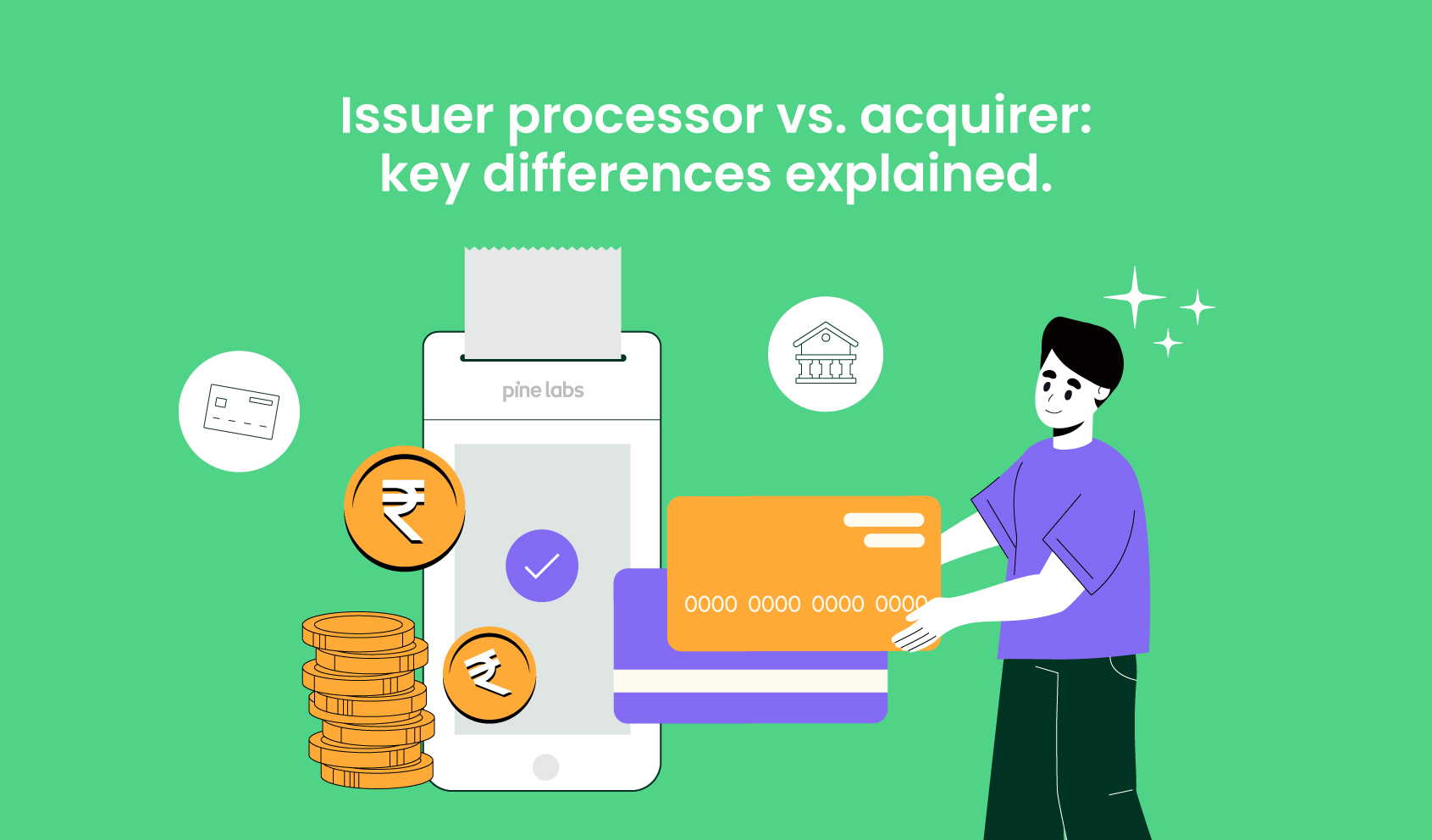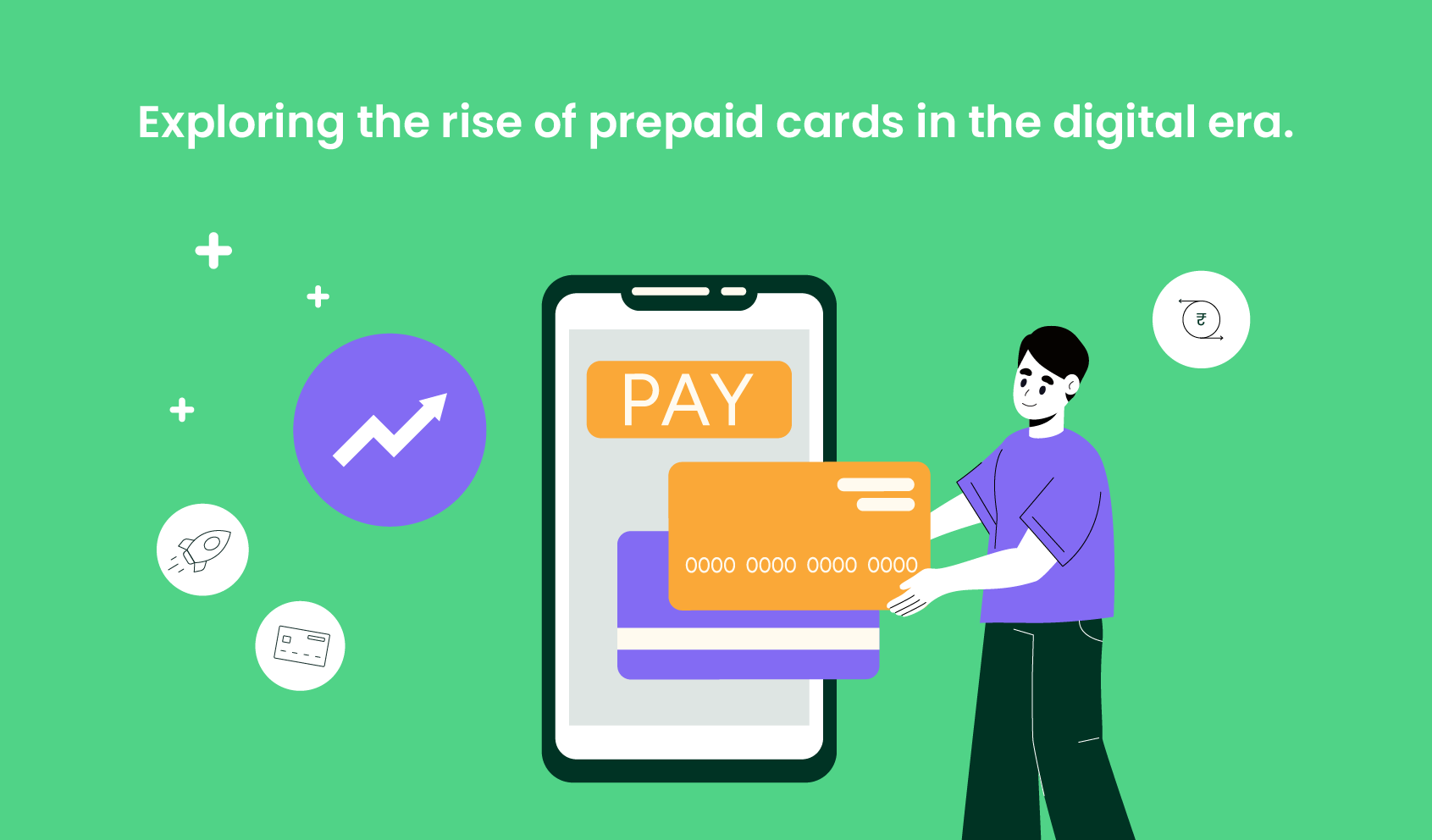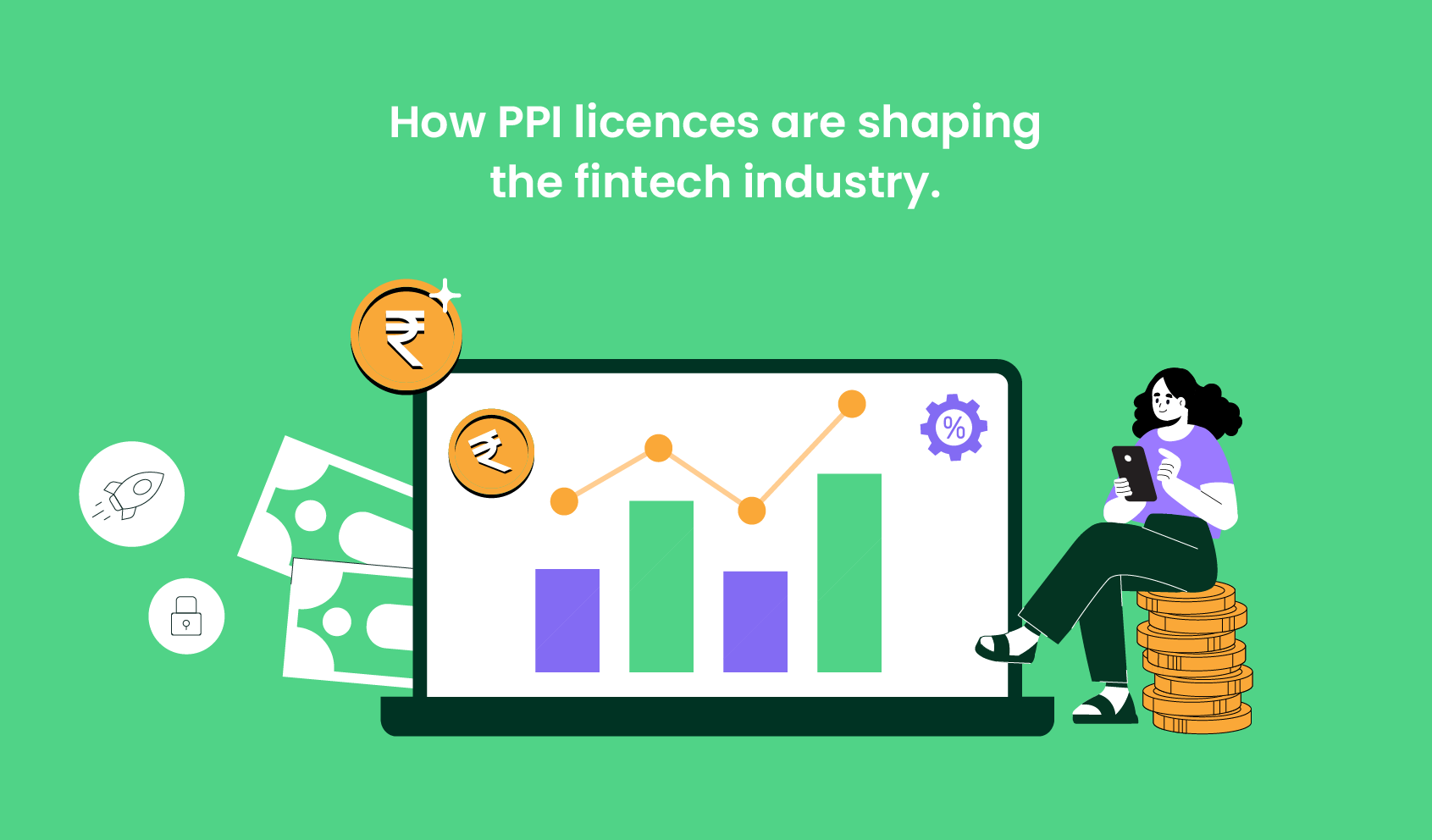Blogs
Your Guide to the Future of Customer Engagement and Rewards
Service Vouchers: The Strategic Tool for Business Success
Explore how service vouchers boost customer loyalty, enhance employee engagement, and offer flexible, customisable rewards across industries.
Related Posts
-
 Service Vouchers: The Strategic Tool for Business Success22 Nov 2024
Service Vouchers: The Strategic Tool for Business Success22 Nov 2024 -
 Streamline Bulk Gifting: Benefits of Corporate Gift Cards07 Nov 2024
Streamline Bulk Gifting: Benefits of Corporate Gift Cards07 Nov 2024 -
 Revolutionizing Customer Loyalty with Prepaid Innovations06 Nov 2024
Revolutionizing Customer Loyalty with Prepaid Innovations06 Nov 2024 -
 Issuer Processor vs. Acquirer: Key Differences Explained06 Nov 2024
Issuer Processor vs. Acquirer: Key Differences Explained06 Nov 2024 -
 Best Features & Benefits of Prepaid Cards for Businesses06 Nov 2024
Best Features & Benefits of Prepaid Cards for Businesses06 Nov 2024
- List Item #1
Service Vouchers: The Strategic Tool for Business Success
Explore how service vouchers boost customer loyalty, enhance employee engagement, and offer flexible, customisable rewards across industries.
Streamline Bulk Gifting: Benefits of Corporate Gift Cards
Looking for seamless ways to find meaningful bulk gifting? Discover the powerful potential of corporate gift cards to
Revolutionizing Customer Loyalty with Prepaid Innovations
Discover how Qwikcilver by Pine Labs' prepaid solutions enhance customer loyalty and engagement through effective loyalty programs tailored
Issuer Processor vs. Acquirer: Key Differences Explained
Understand the roles of issuer processors vs. acquirers in payments. Discover how Qwikcilver by Pine Labs' solutions optimize
Best Features & Benefits of Prepaid Cards for Businesses
A brief guide to how businesses are boosting brand visibility, driving sales, and increasing user engagement by harnessing
Unlock the Role of PPI Licenses: The Future of Fintech
Navigate the intricacies of a Prepaid Payment Instruments (PPI) license. Discover the role of PPI solutions in boosting




